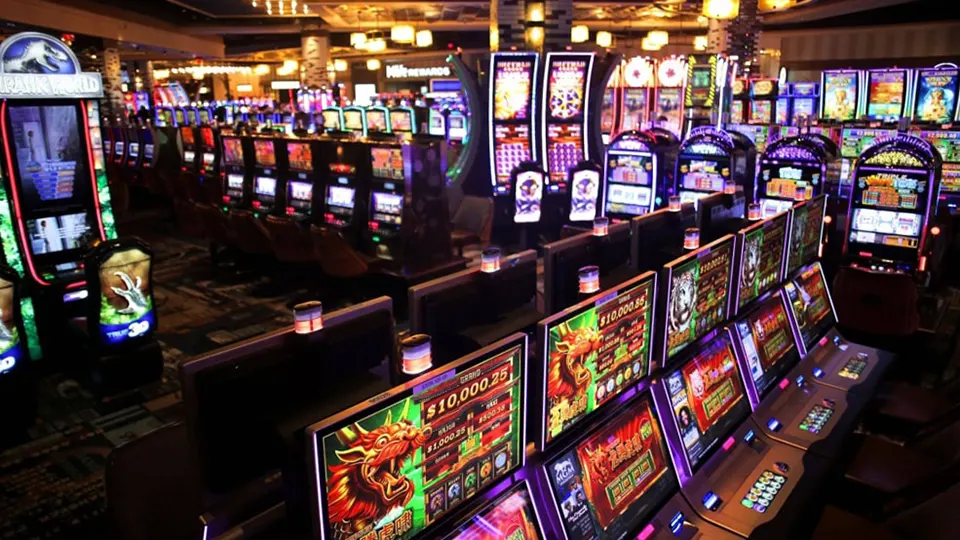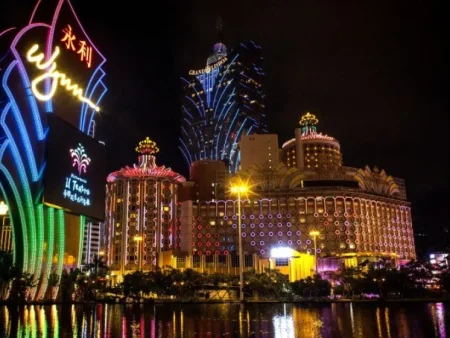As Thailand seeks solutions to revitalize its post-pandemic economy, one of the most talked-about initiatives is the proposal to legalize casinos. With the potential to generate massive revenue from tourism and taxes, the bill has been seen as a gateway to a new era for Thailand’s entertainment and financial sectors. However, alongside support from the government and some political parties, cracks have begun to show within the ruling coalition, as various parties take opposing stances on the issue.
Origins and Objectives of the Casino Bill

Under the leadership of Prime Minister Paetongtarn Shinawatra and the Pheu Thai Party, the Thai government introduced a bill to legalize casinos with the goal of developing integrated resorts—modern complexes combining hotels, convention centers, and casinos following international models. The key objectives include:
- Attracting foreign investment
- Increasing tax and service revenue
- Stimulating tourism and job creation
The initial plan prioritized major cities like Bangkok and other major tourist hubs for the establishment of these modern casino resorts, aiming to compete with regional giants like Singapore, Malaysia, and Cambodia.
Disunity Within the Ruling Coalition
Despite high expectations, the bill faces growing opposition from within the government itself. Most notably, the Bhumjaithai Party—a key pillar of the ruling coalition—has expressed significant reservations.
- Bhumjaithai Party does not entirely oppose the legalization of casinos but is concerned about the risk of monopolies if the projects are solely run by private entities.
- They propose that the government should take part in casino operations to ensure equitable distribution of benefits to the public.
- Additionally, they oppose establishing casinos in smaller cities, fearing unequal income distribution and negative impacts on local communities.
Meanwhile, the Pheu Thai Party remains committed to advancing the bill in pursuit of economic development. These differing visions among the coalition partners are creating hurdles in the legislative process.
Alternative Proposals and Middle-Ground Solutions
To ease internal tensions within the coalition, several proposals have been put forth:
- Public-private partnership model (PPP): Allow private investment while ensuring strict government regulation and oversight.
- Restrict casino locations: Only allow casinos in areas with established tourism infrastructure like Bangkok, Pattaya, or Phuket.
- Enhance legal regulations and social safeguards: Strong laws to prevent gambling-related issues and community harm.
These middle-ground approaches aim not only to reconcile political factions but also to reassure a cautious public—many of whom remain wary of gambling legalization.
Potential Impacts If the Bill Passes

? Economic Benefits
- GDP growth: The bill could contribute billions of USD to the national economy.
- Employment opportunities: Hundreds of thousands of jobs could be created across hospitality, security, finance, and tech sectors.
- High-end tourism attraction: Thailand could emerge as a premier entertainment destination in Asia.
⚠️ Social Risks
- Gambling-related issues: Rising debts, crime, and family problems are potential side effects.
- Income inequality: If not managed properly, the benefits may go only to investors, leaving locals behind.
Conclusion
The casino legalization bill in Thailand represents a strategic move with vast economic potential, but it also faces significant political risk due to internal divisions in the ruling coalition. While the Pheu Thai Party is eager to push the bill to boost the economy, the Bhumjaithai Party urges caution to avoid unintended social consequences.
The bill’s future remains uncertain, and its success will depend heavily on the government’s ability to achieve internal consensus. If carefully adjusted and tightly regulated, Thailand could effectively and sustainably tap into the casino industry, aligning with its broader national development goals.












